T4K3.news
UK bioethanol plants face collapse
Hull and Redcar plants warn of closure as government rejects rescue after tariff-free US ethanol imports
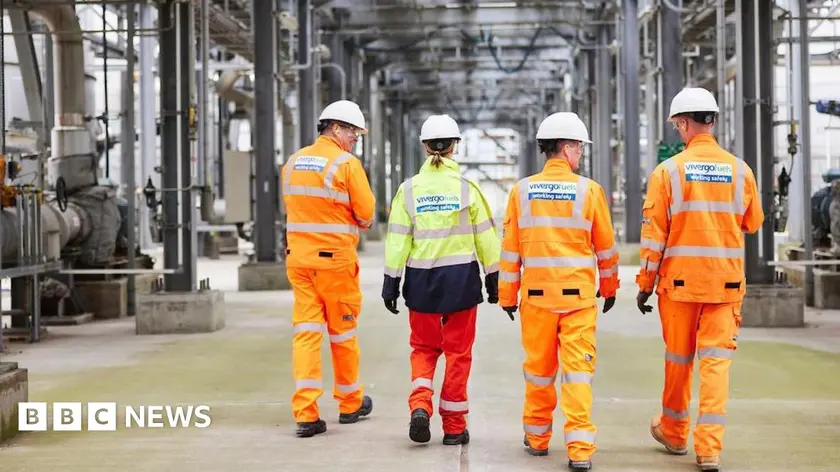
Hull and Redcar plants warned they would close without support after tariff-free ethanol imports were allowed under a May trade pact.
UK bioethanol plants face collapse after government rejects rescue
The US UK trade pact signed in May removed a 19 percent tariff on ethanol imported from the United States up to a quota of 1.4 billion litres. Industry groups say this makes the sector commercially unviable, with Vivergo presenting a turnaround plan to return to profitability and Ensus confirming it has been approached for comment. The two plants, based in Hull and Redcar, employ about 270 people and have a wider supply-chain impact. A government spokesperson said after weeks of discussions, direct funding would not provide value for the taxpayer and would not solve long-term industry problems, but officials pledged support for workers and communities affected.
Bioethanol is blended into fuels such as E10 in the UK. Sector insiders say delays in migrating to higher bioethanol content have hurt demand. The government has a target for aviation to derive 10 percent of its fuel from sustainable sources by 2030, including bioethanol. The bioethanol sector purchases thousands of tonnes of UK wheat, and Ensus accounts for about 30 percent of the UK's commercial carbon dioxide used in food and beverage, medical and nuclear sectors. The government says it will continue work to ensure the resilience of the CO2 supply chain as part of broader energy security measures.
Key Takeaways
"This plant should always have been profitable under the right regulatory environment."
Vivergo's claim about profitability under proper rules
"Jobs in clean energy would now move overseas."
Impact on workers and regional economy
"It would not provide value for the taxpayer or solve the long-term problems the industry faces."
Government stance on funding
"The Humber deserves a future in clean energy leadership."
Industry response
The decision sharpens a debate over how to balance market exposure with industrial strategy. By declining direct subsidies, the government reduces short-term fiscal risk but risks eroding private investment in a regional clean fuels cluster. The Humber region built expectations around a domestic bioethanol future; losing the plants could ripple through suppliers, logistics firms and local services. At the same time, the policy mix reveals tensions between rapid import exposure and domestic production goals, underscoring a wider question about how climate targets align with industrial planning. If the state cannot offer a clear transition path or targeted support, investors may hesitate and workers may face a longer period of job instability. The looming CO2 supply chain vulnerability adds another layer of risk to an economy already watching energy transition costs and regulatory shifts.
Highlights
- The Humber deserves a future in clean energy leadership
- Public money should not replace smart policy
- Jobs in clean energy will move overseas unless change comes
- Policy choices will test how far the clean energy shift can go
Budget and political risk to bioethanol industry
The decision not to provide direct funding risks job losses, regional economic impact, and potential setbacks to energy transition goals. The move could invite political backlash and investor concerns about government support for domestic green industries.
Policy choices will test how far the clean energy transition can go without compromising regional resilience.
Enjoyed this? Let your friends know!
Related News

Bioethanol plant closure in Hull
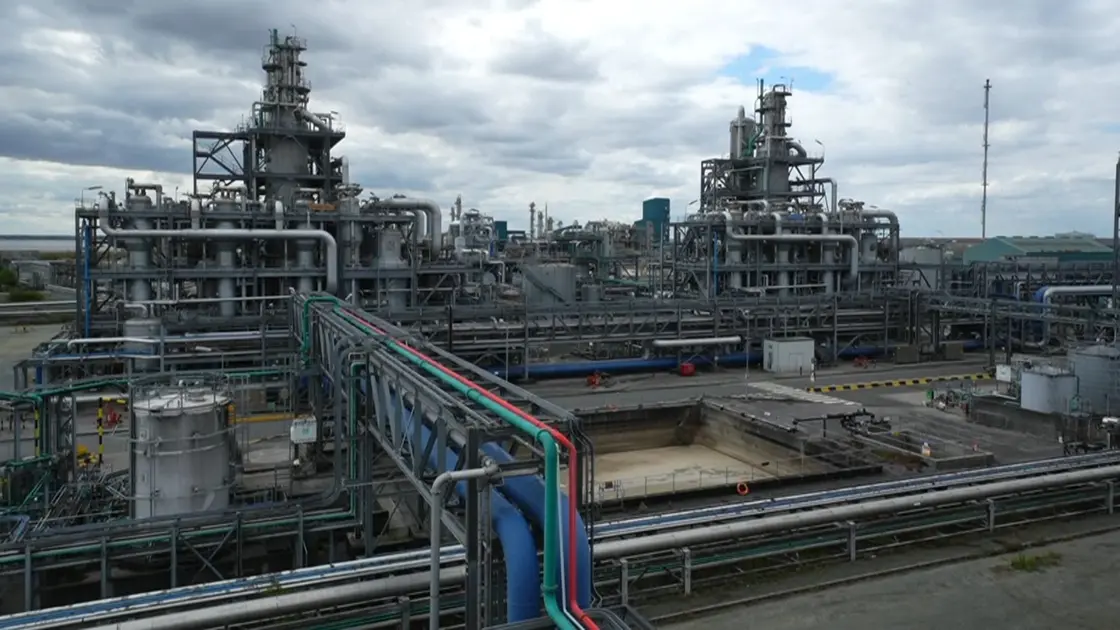
Hull bioethanol plant at risk
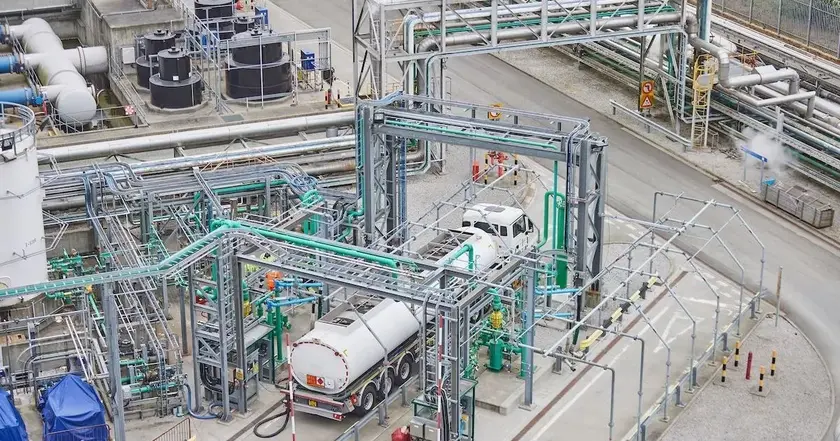
No rescue for Vivergo Fuels
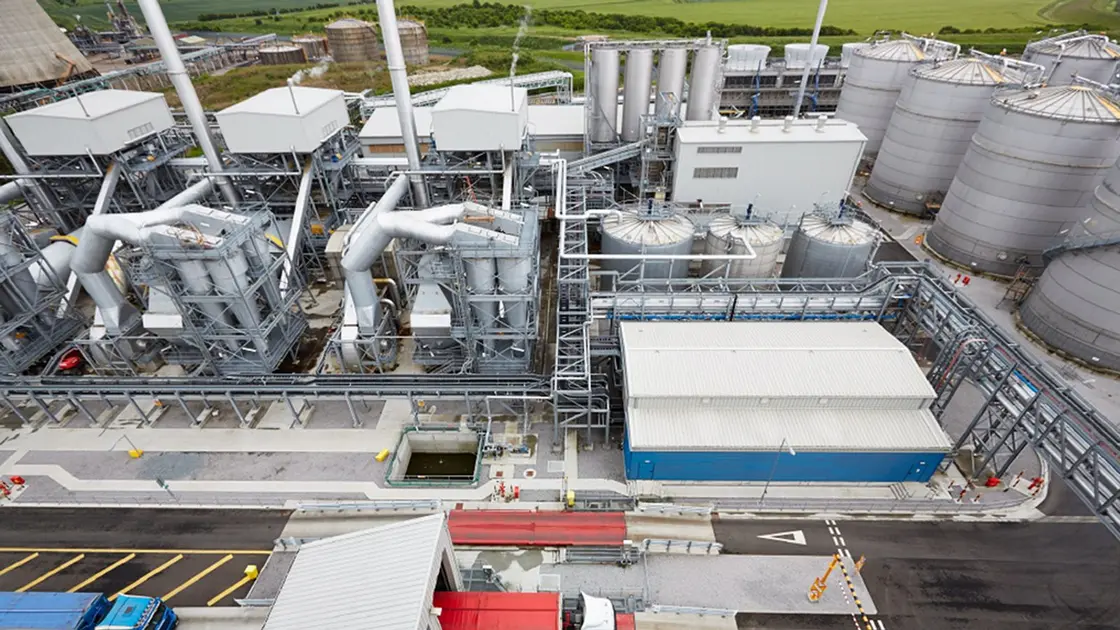
Bioethanol plant to close in Lincolnshire
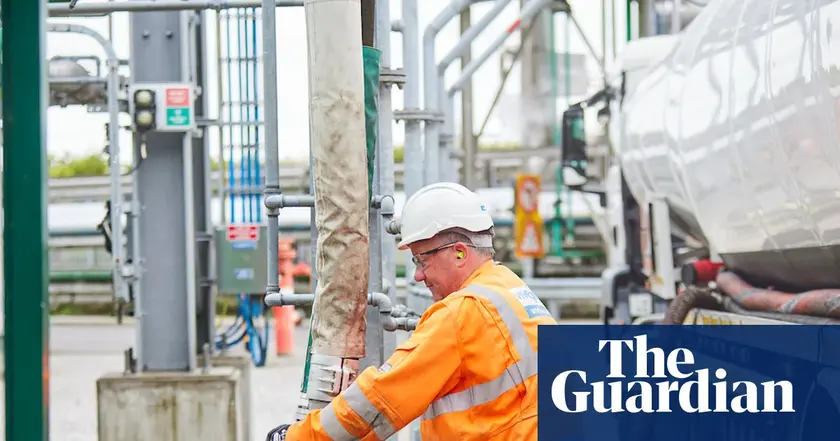
Vivergo closure signals shift in UK clean fuel policy

Thames Water contingency plans approved
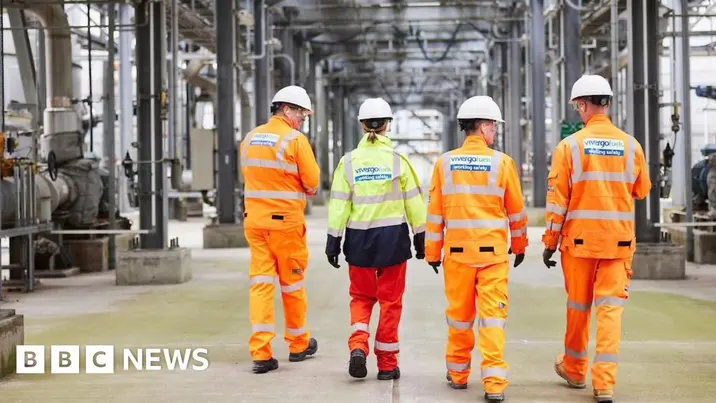
Bioethanol plants face closure

Concerns rise over the government's industrial strategy
